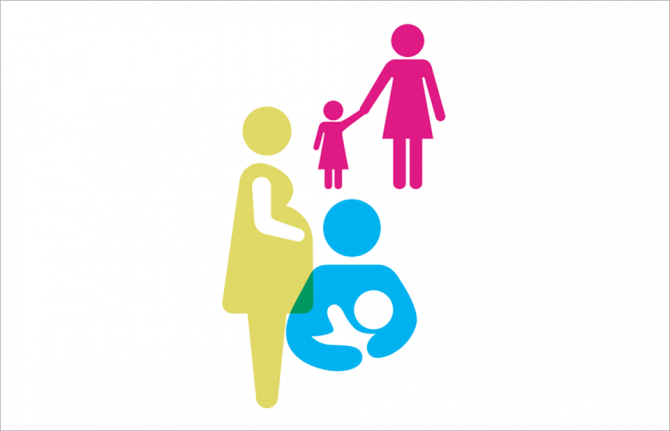
UNAIDS welcomes Chile’s recognition of responsibility for violating the rights of a woman living with HIV sterilized without her consent
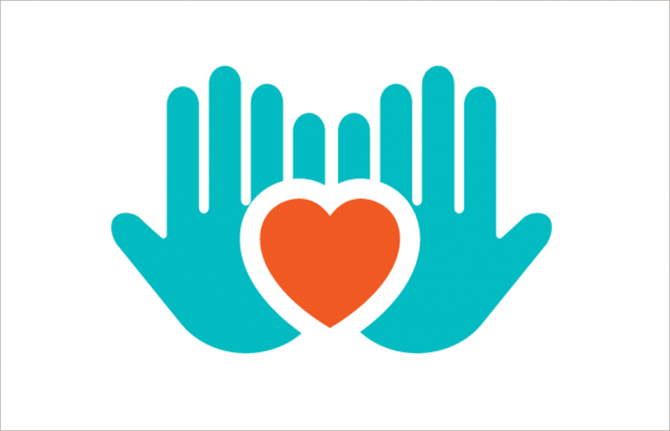
UNAIDS strongly condemns violence against LGBTI activists in Tbilisi, Georgia
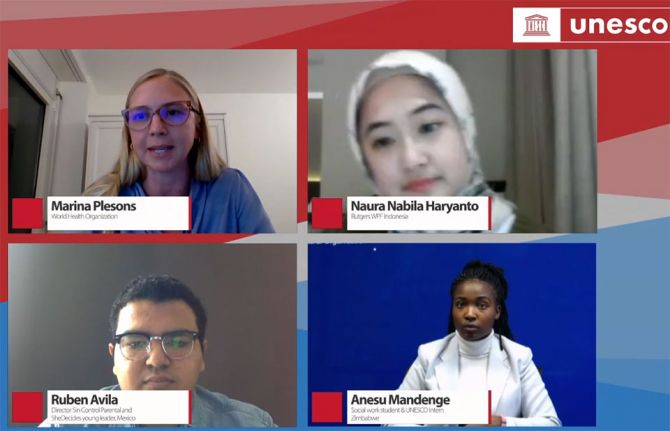
The journey towards comprehensive sexuality education
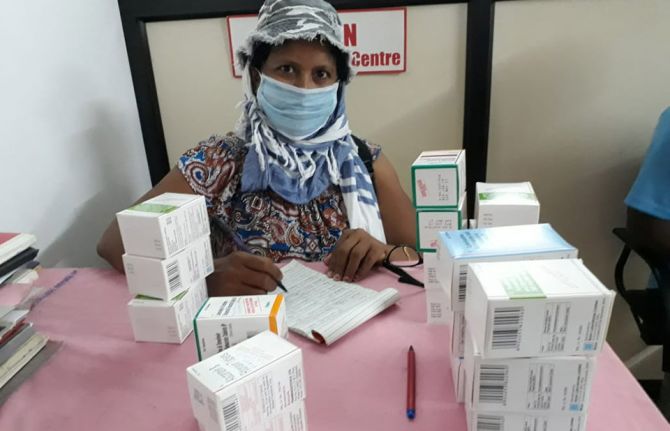
Young key populations from Asia and the Pacific claiming their space at the 2021 High-Level Meeting on AIDS
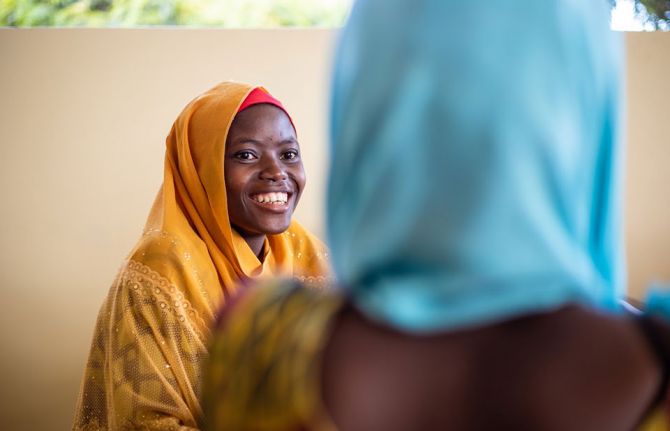
Gender equality and justice critical for ending AIDS
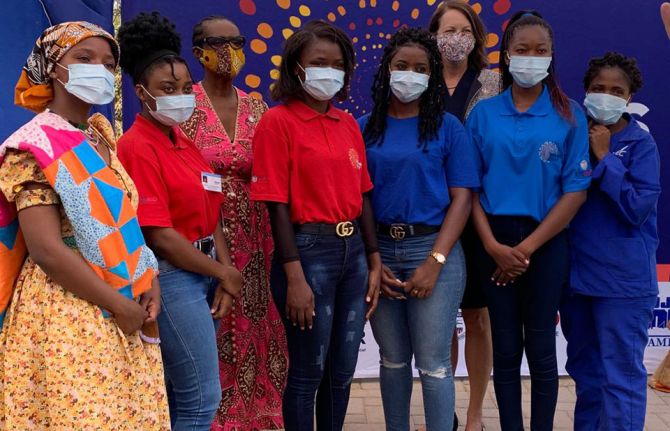
UNAIDS Executive Director visits projects in Namibia that empower adolescent girls and young women
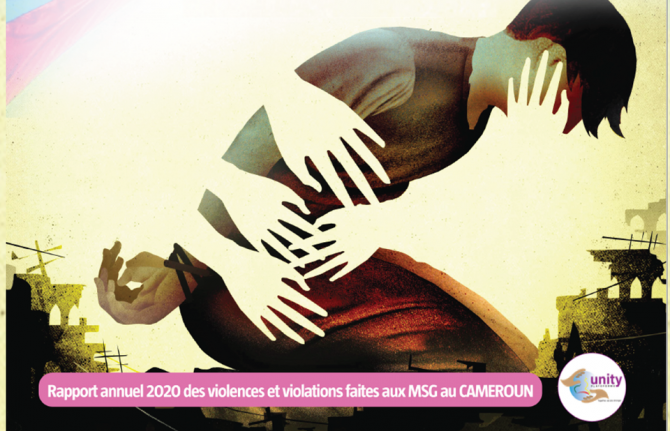
UNITY Platform publishes annual report on violence against sexual and gender minorities in Cameroon
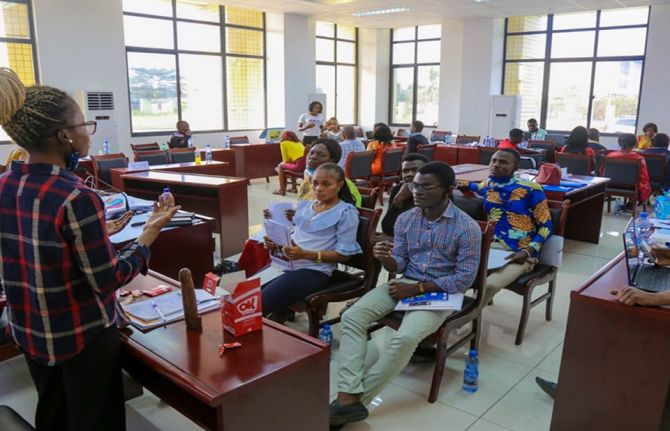
Coalition working to end gender-based sexual violence in Democratic Republic of the Congo
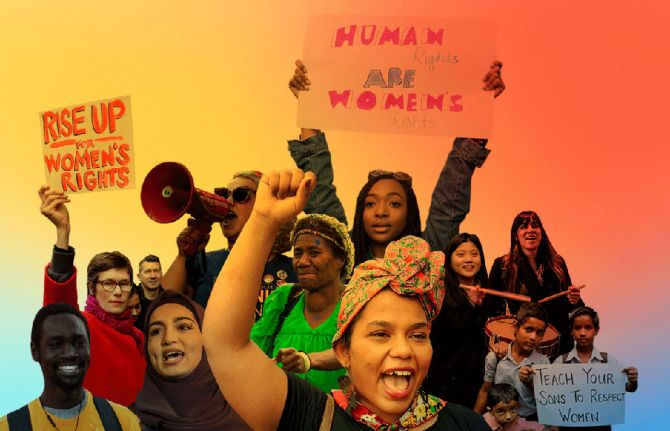
UNAIDS Executive Director's message on International Women’s Day 2021
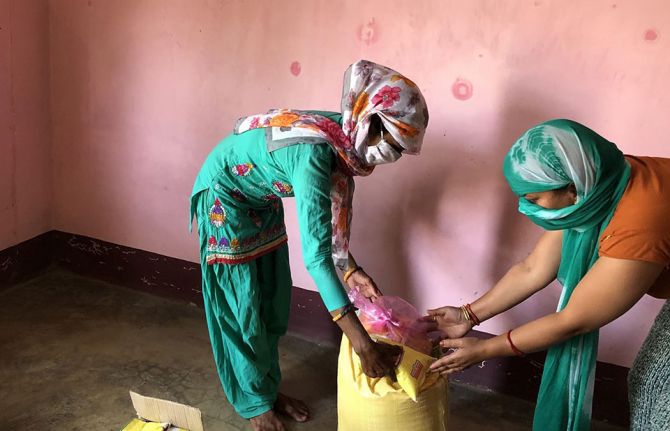
Tackling gender inequalities and gender-based violence during the COVID-19 pandemic in Asia and the Pacific
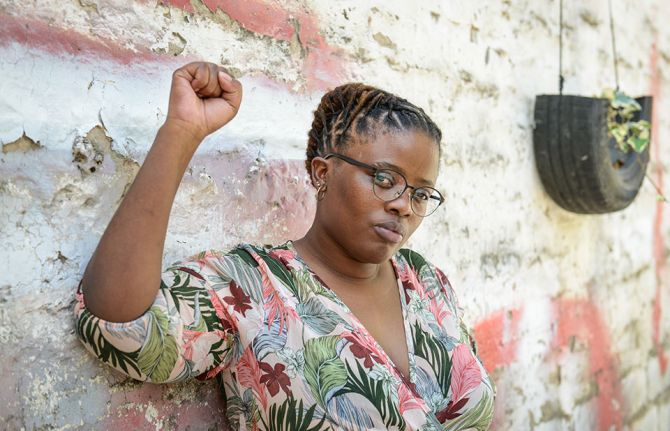
Navigating Lesotho’s legal system to address gender-based violence
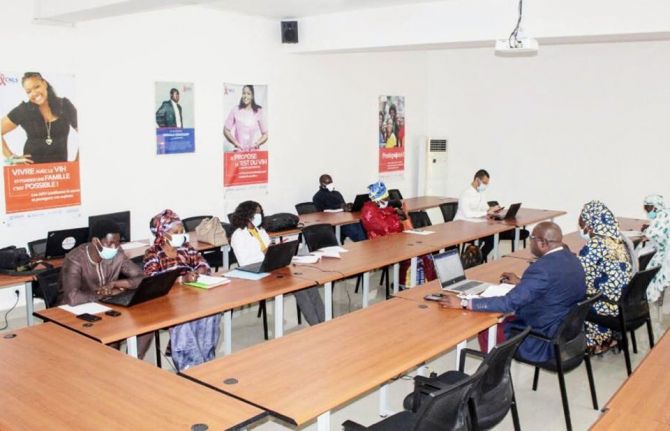
Gender inequalities in Senegal highlighted on Zero Discrimination Day
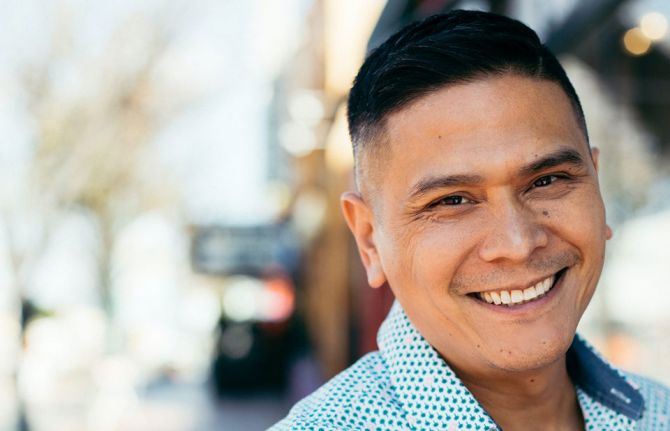
UNAIDS welcomes the appointment of Andrew Spieldenner as Executive Director of MPact
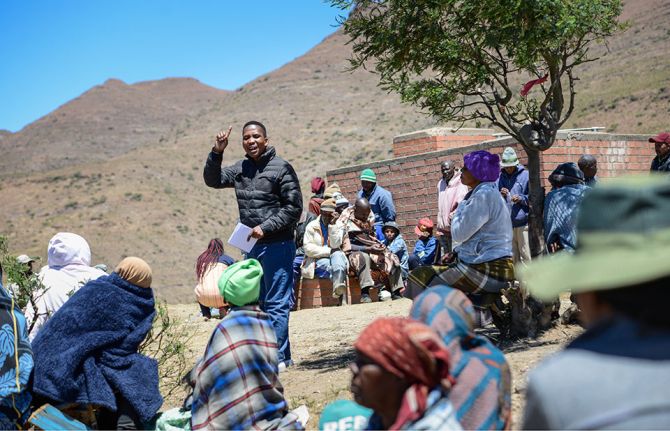
Provision of services for domestic violence uneven
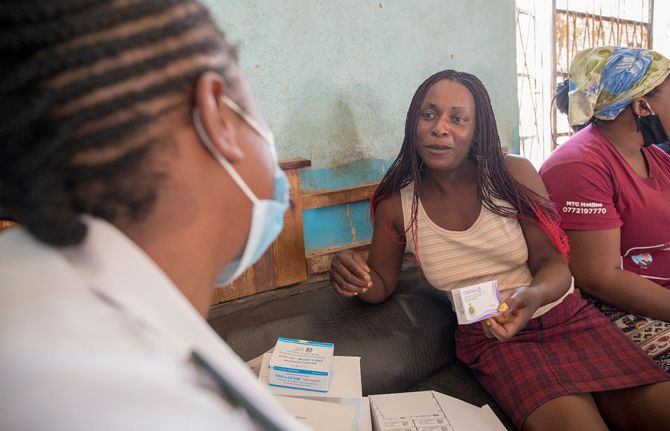
UNAIDS welcomes the United States of America’s decision to support women’s health, safety and rights
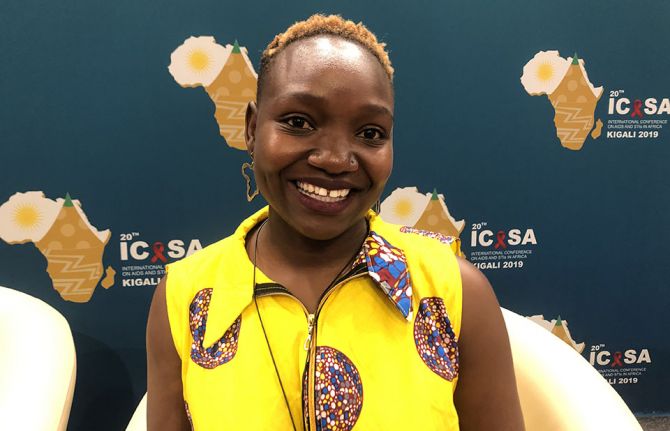
Challenge the stigma, pursue your right to health

UNAIDS calls for the LGBT community in Uganda to be treated with respect and dignity at all times
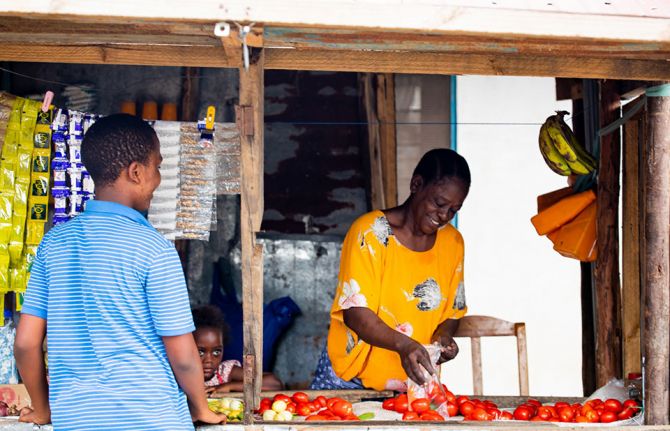
Fund to help key populations during COVID-19 launched
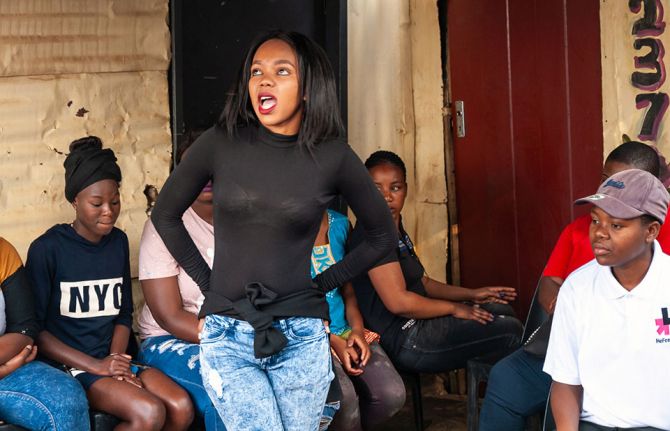
In South Africa, young women leading HIV and violence prevention say men’s involvement is key
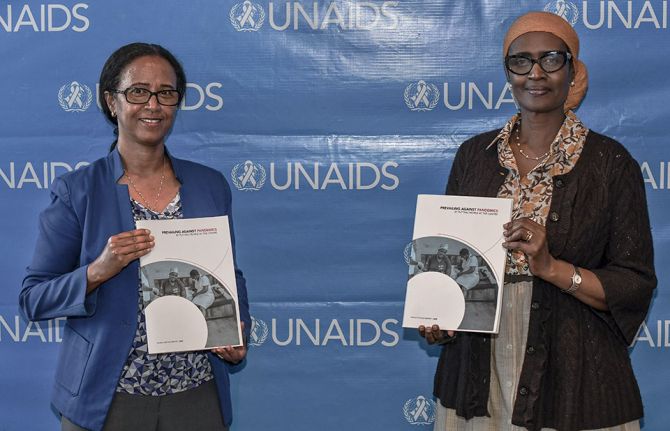
UNAIDS calls on countries to step up global action and proposes bold new HIV targets for 2025
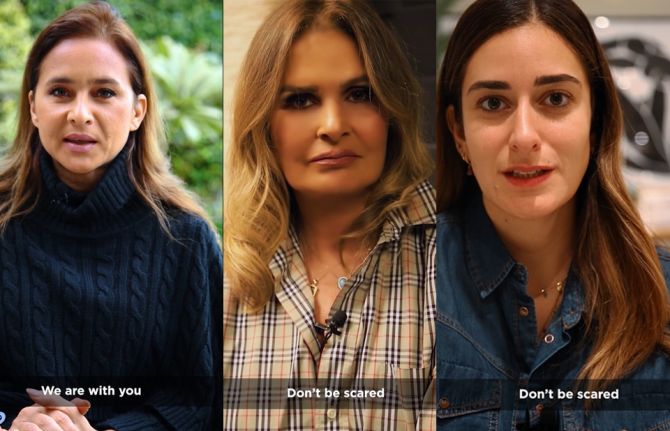
New awareness campaign on gender-based violence in the Middle East and North Africa
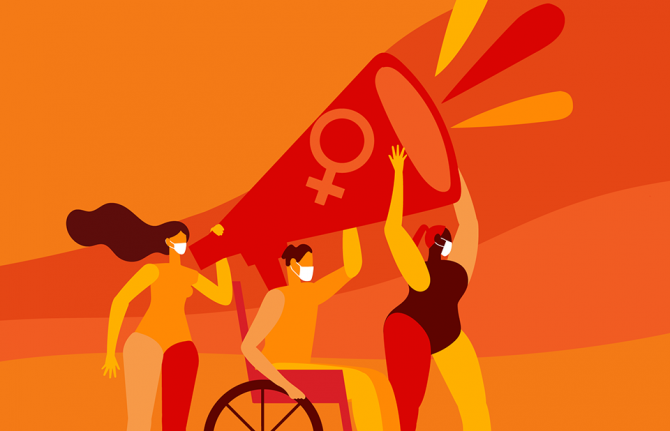
UNAIDS calls for the elimination of the neglected pandemic of violence against women and girls
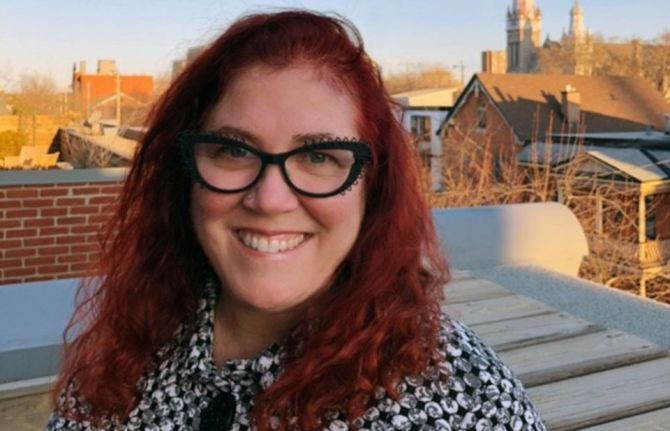
UNAIDS welcomes Suki Beavers as UNAIDS Director of Gender Equality, Human Rights and Community Engagement
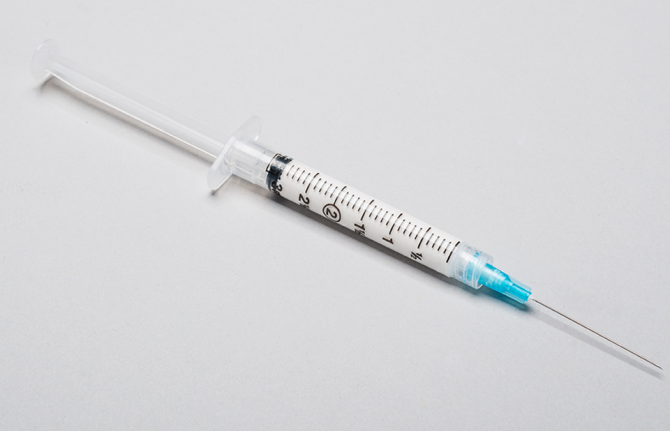
UNAIDS hails new results showing that long-acting injectable medicines are highly effective in preventing HIV among women
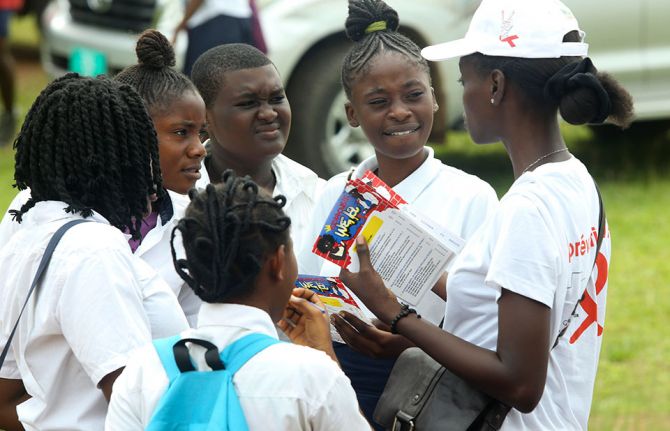
Little progress in increasing comprehensive knowledge of HIV among young women in eastern and southern Africa
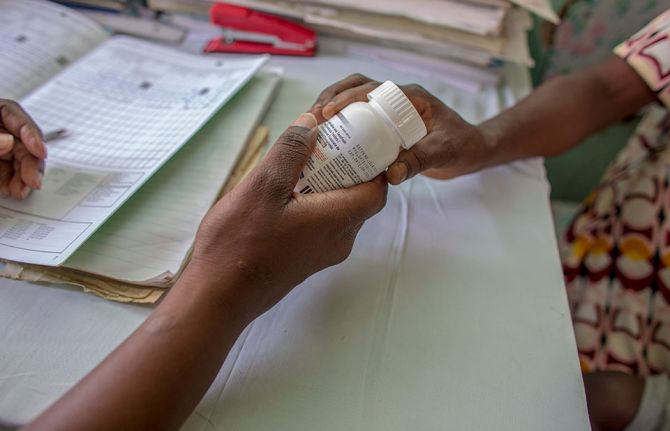
COVID-19’s impact on HIV vertical transmission services reversed
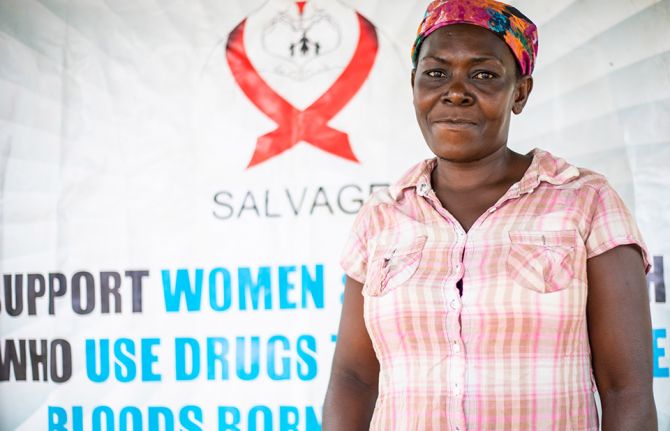
Tanzanian community-based organizations support women who use drugs
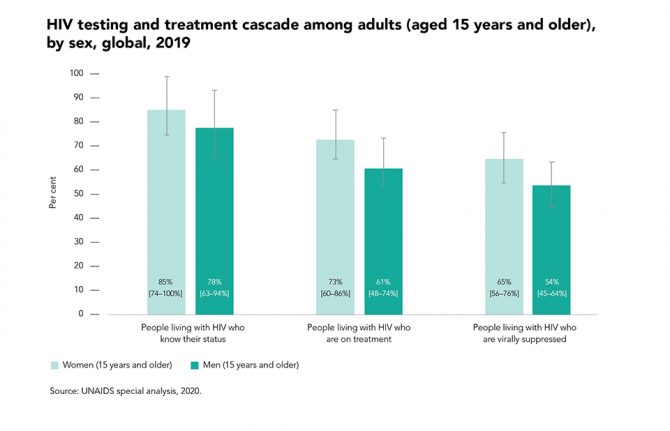
Women living with HIV are more likely to access HIV testing and treatment
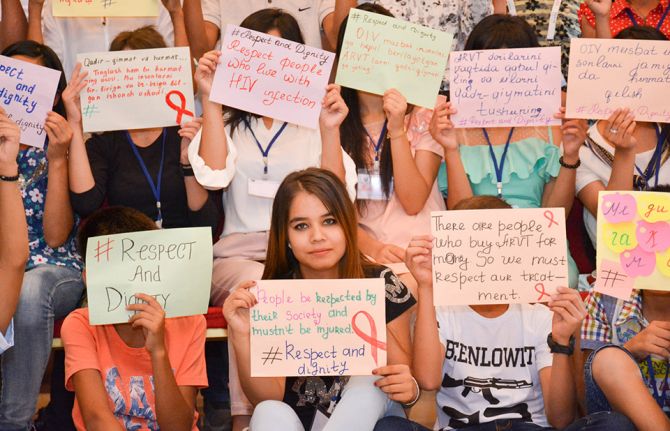
“I want to contribute to creating a world without stigma and discrimination”: young women living with HIV in Uzbekistan become activists
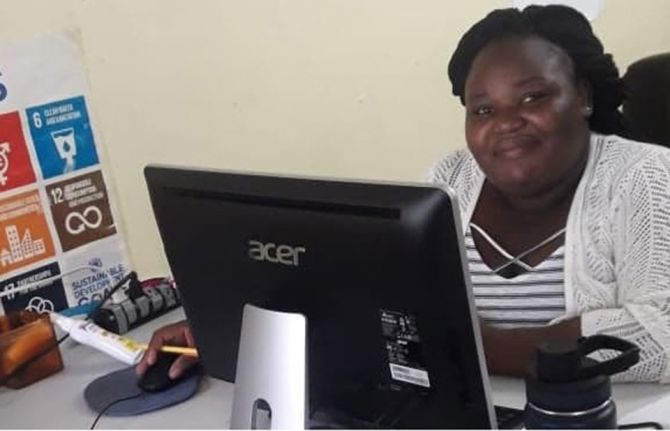
“Physical distance, not social distance”: supporting Jamaican women living with HIV during COVID-19
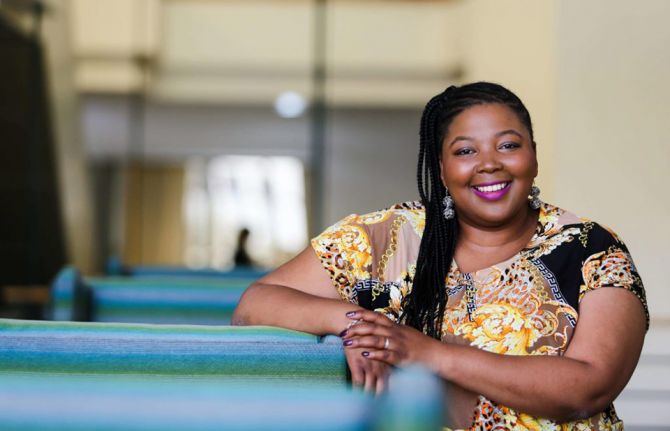
UNAIDS congratulates Tlaleng Mofokeng on her appointment as United Nations Special Rapporteur on the right to health
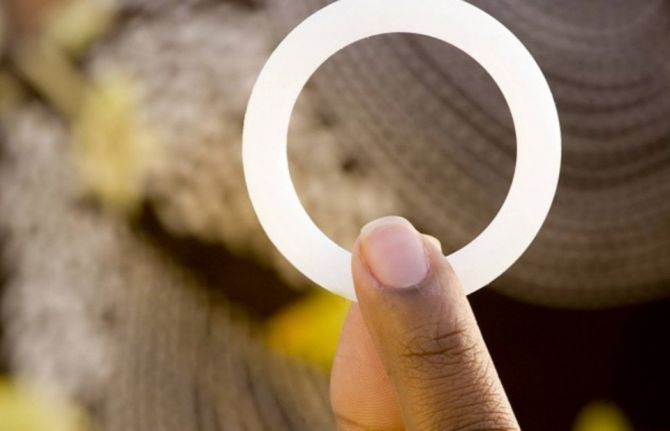
UNAIDS is hopeful that a new long-acting HIV prevention option will soon become available for women in sub-Saharan Africa
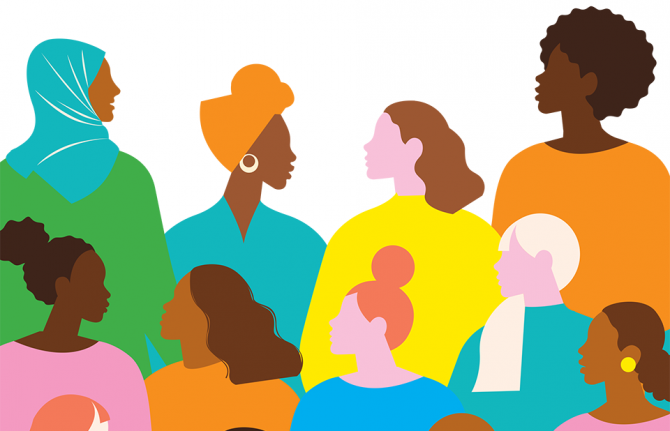
UNAIDS highlights six critical actions to put gender equality at the centre of COVID-19 responses
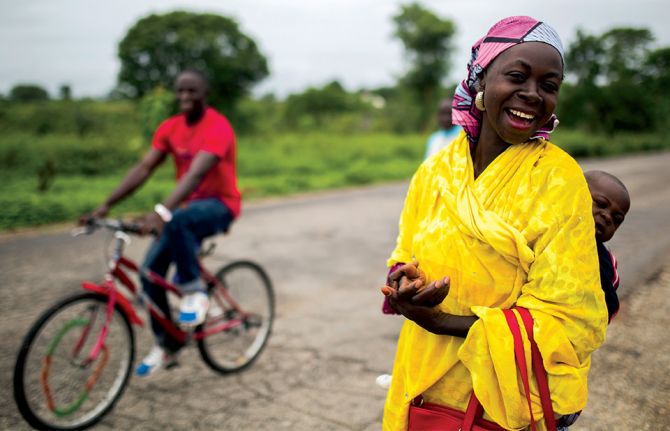
The value of integrating HIV prevention and contraceptive services

Gender-based violence and COVID-19—“When we are silent, we allow these crimes to multiply”
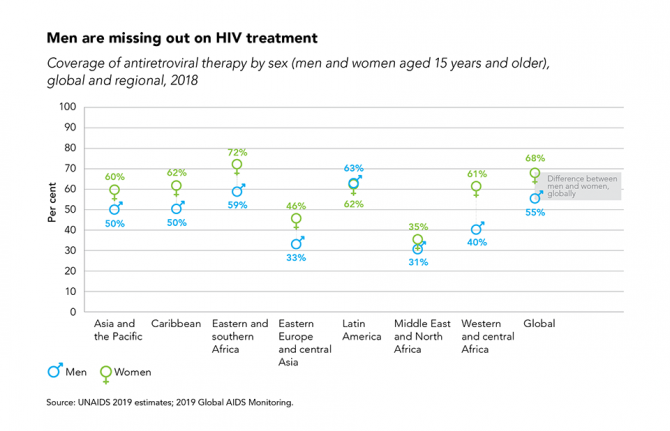
Women are more likely to be on HIV treatment
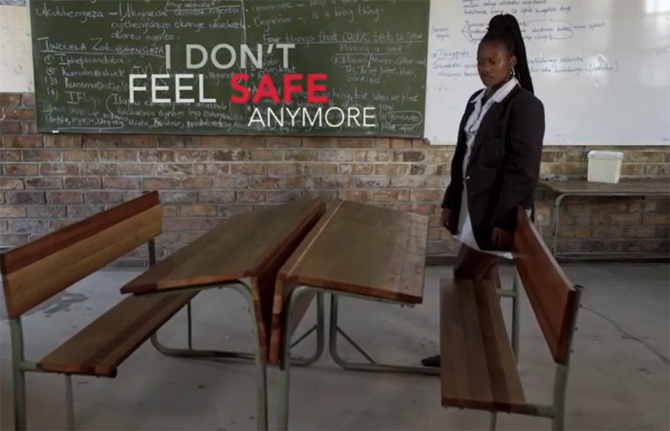
When will men stop thinking that women’s bodies are their property?
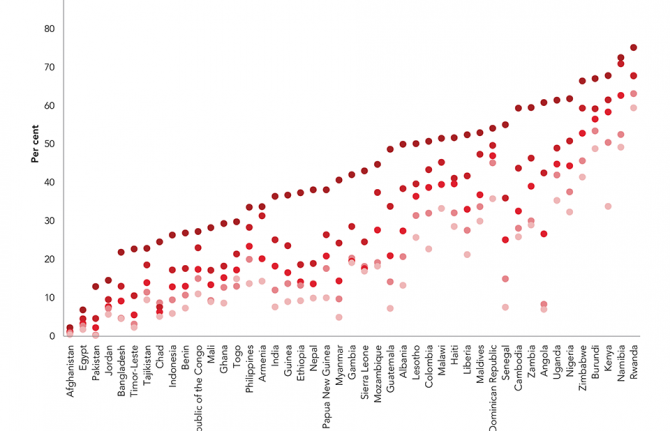
HIV knowledge greater among women with higher incomes
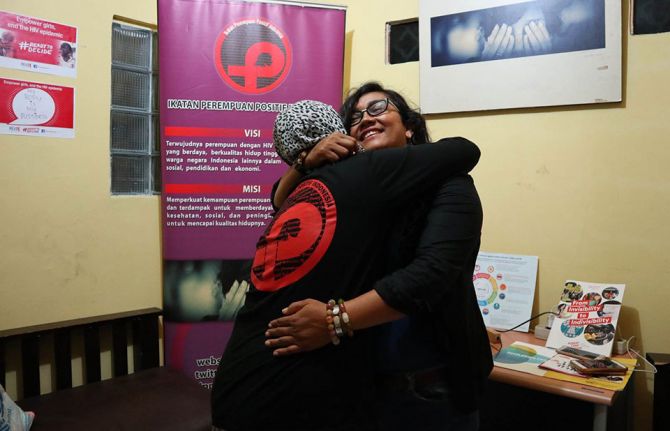
Strengthening services for violence against women and HIV in Indonesia
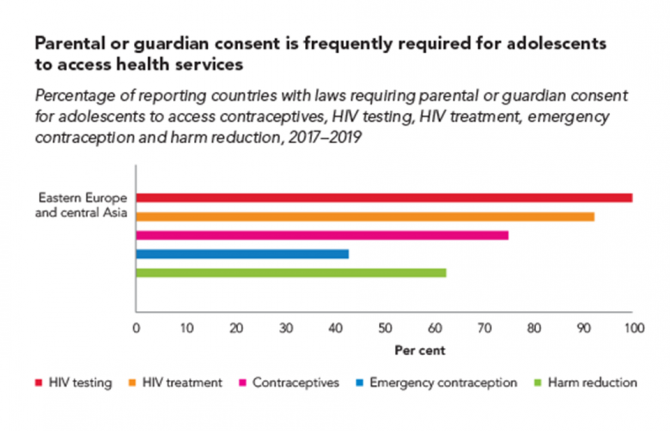
Parental consent undermines the right to health of adolescents
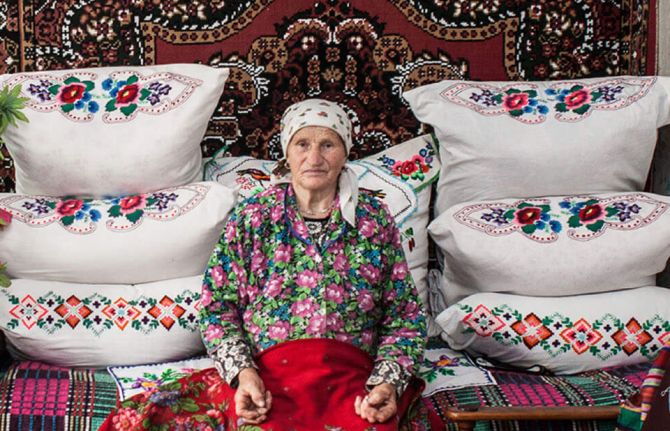
UNAIDS—a leading organization for gender equality
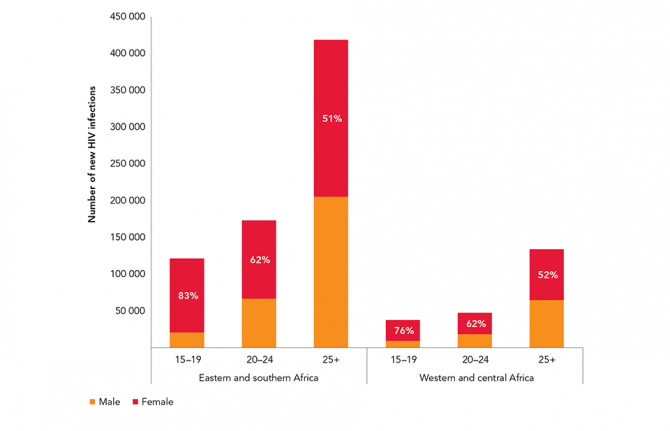
Adolescent girls and young women in sub-Saharan Africa more than twice as likely to acquire HIV
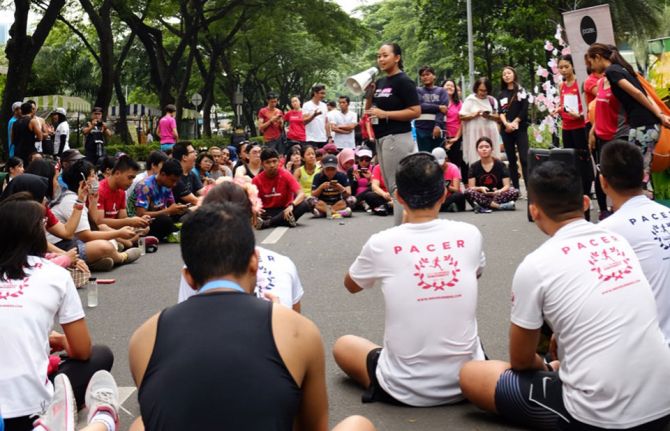
Hollaback! Jakarta working to end harassment against women
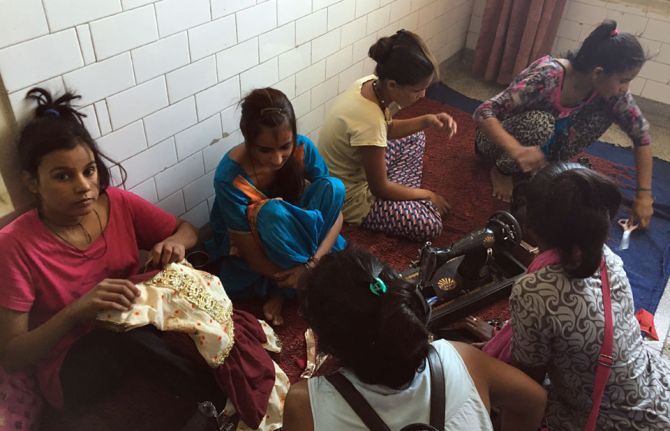
Services tailored for women who inject drugs in India

“We carry on”
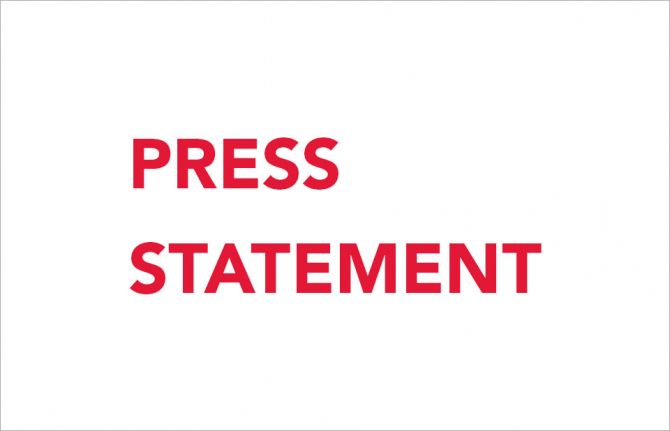
UNAIDS statement on the forced and coerced sterilization of women living with HIV
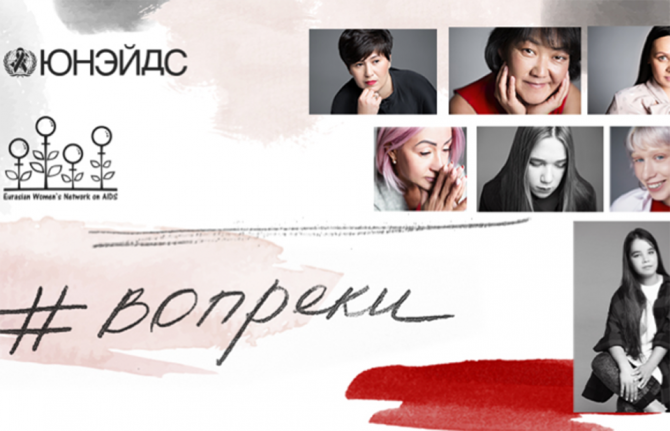
#InSpiteOf campaign reached more than a million people
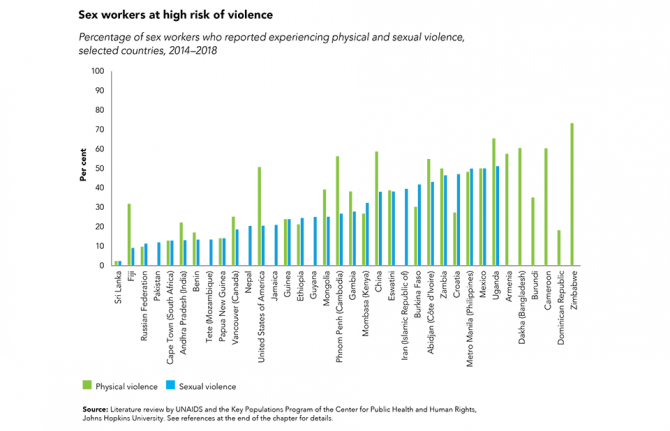
Violence faced by key populations
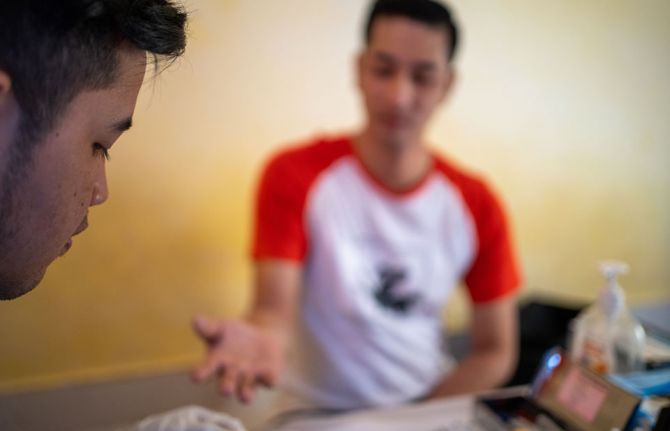
Young people and men less likely to know their HIV status
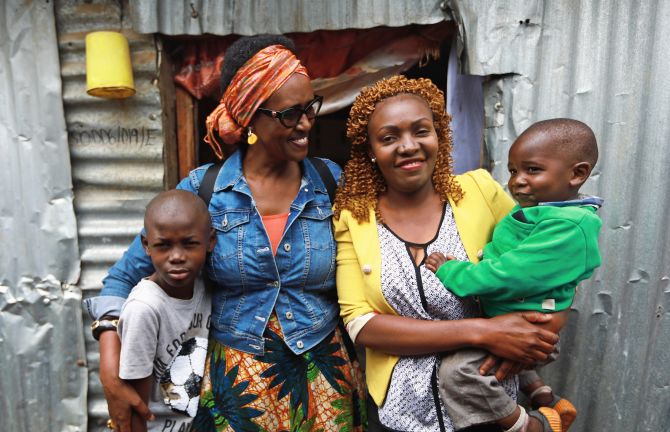
Women are leading the response to HIV in their communities
